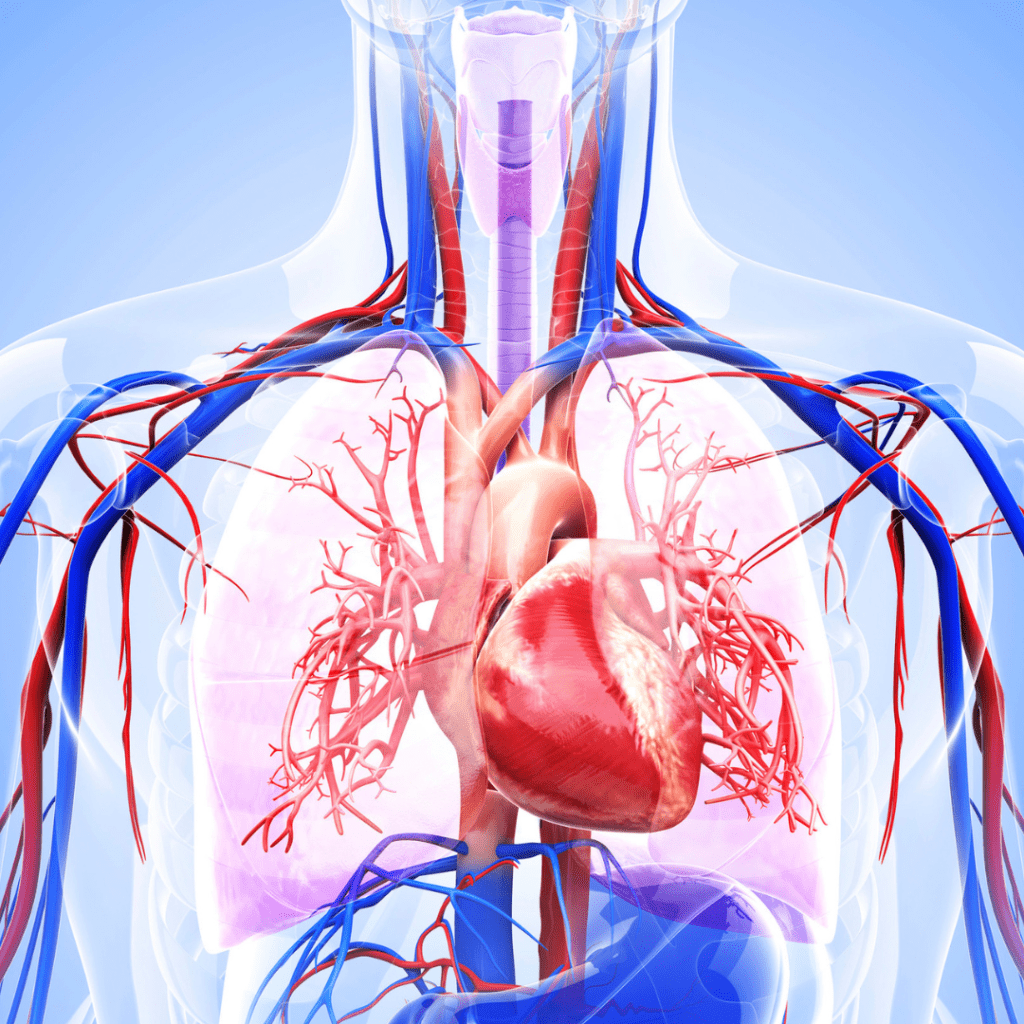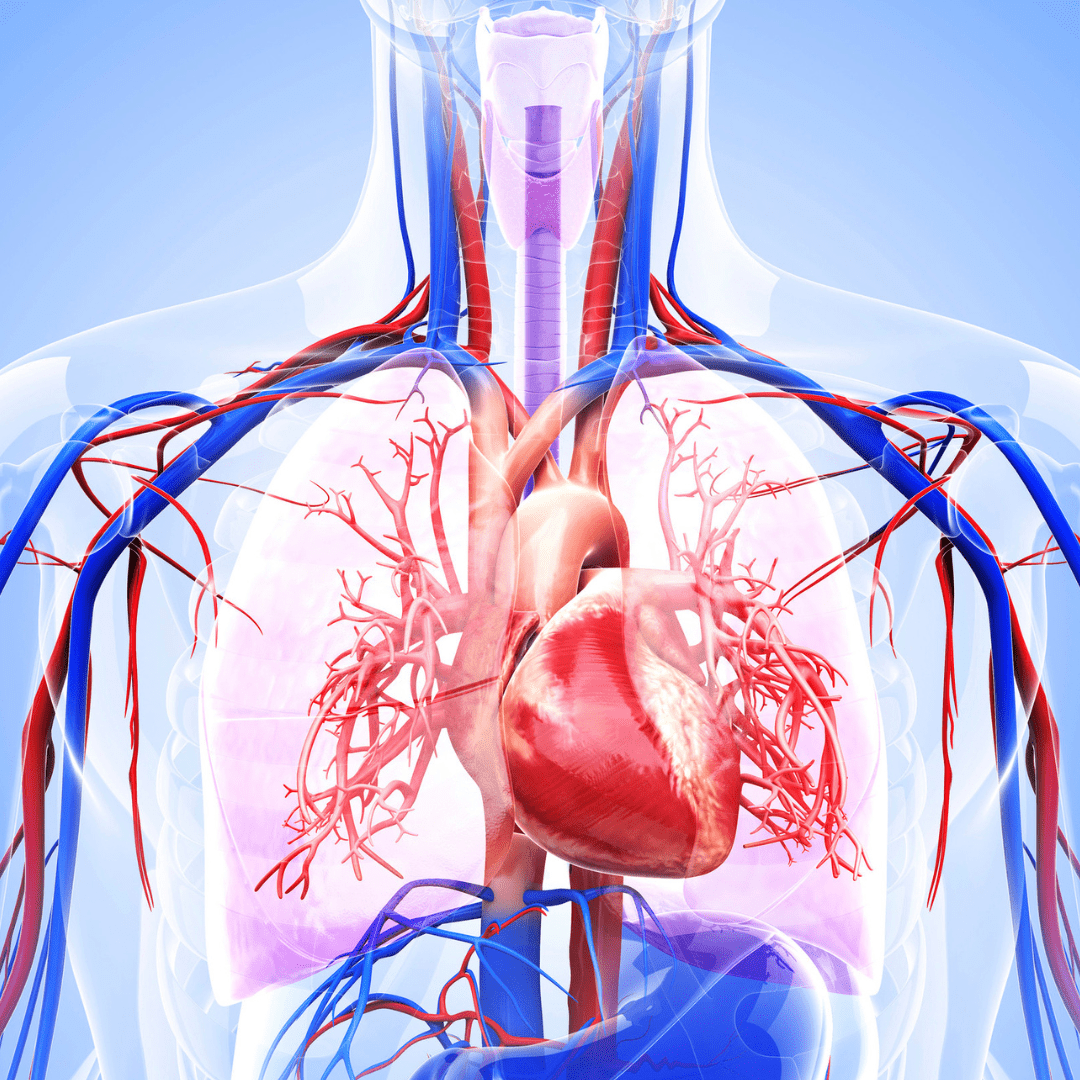Epigenetics and…
In this series of articles we will be exploring the link between epigenetics and some of the most hotly discussed health conditions, exploring how understanding epigenetics can have a huge impact on our knowledge and even prevention of these conditions. First up we explore epigenetics and cardiovascular disease.
What is Cardiovascular disease?

Cardiovascular disease is the medical term given used to encompass health problems that affect our heart and/or blood vessels, including angina, high blood pressure (hypertension), stroke, ischaemic heart disease, genetic heart diseases, heart attacks and peripheral arterial disease.
According to the British Hearth Foundation[i] in the UK:
- 7.6 million people are living with heart and circulatory diseases.
- Cardiovascular disease causes more than 160,000 deaths per year (almost 25% of all deaths), with 48,000 of these being in people who are under the age of 75.
What is epigenetics?
Epigenetics is the study of how our lifestyle and surrounding environment influence the behaviour of our genes. To simplify, if we can think about each gene having an on-off switch, our lifestyle as well as our environment can influence whether a particular gene is “on” or “off”. The combination of which genes are “on” and which are “off” impacts on our overall health. I like to use the analogy of a crossroad to try to explain this better – in the picture below we can think of each traffic light as representing a gene.

Having the right combination of red light and green lights switching on and off, would help the crossroads work in the most efficient way to keep traffic moving, whilst keeping the risk of accident as low as possible. Epigenetics is the study of how our lifestyle and environment can influence these traffic lights.
What can epigenetics tell us about our heart health/risk of developing cardiovascular disease?
Research[ii] has shown that changes to our epigenetics can lead to changes to the activity of certain segments of DNA, which can result in abnormal gene expression patterns that are involved in the development of cardiovascular disease.
There have also been several studies that have shown that using epigenetics we can identify markers that are present in the early stages of cardiovascular disease, well before any symptoms are experienced. Not only this, but it can be taken one step further where these biomarkers can also be used to evaluate how effective a certain treatment has been and even predict how well a person may respond to treatment.
Can we influence our epigenetics to modify our risk?
Several lifestyle factors have been identified that can may modify epigenetic patterns and hence by changing our lifestyle we can potential modify our epigenetic patterns, which may impact on our risk of developing certain health problems including cardiovascular disease. By analysing our own unique epigenetics, we can understand what aspects of our lifestyle we may need to change.
Take the next step in occupational healthcare and contact ToHealth at [email protected] to find out more about DNA & Epigenetic testing today.
Looking for more from ToHealth?
Looking to find out more about our Health Screenings? Or interested in supporting your neurodiverse employees and becoming a Disability Confident employer? ToHealth can support you with all of this and more.
[i] https://www.bhf.org.uk/-/media/files/research/heart-statistics/bhf-cvd-statistics—uk-factsheet.pdf
[ii] Shi, Y., Zhang, H., Huang, S. et al. Epigenetic regulation in cardiovascular disease: mechanisms and advances in clinical trials. Sig Transduct Target Ther 7, 200 (2022). https://doi.org/10.1038/s41392-022-01055-2


